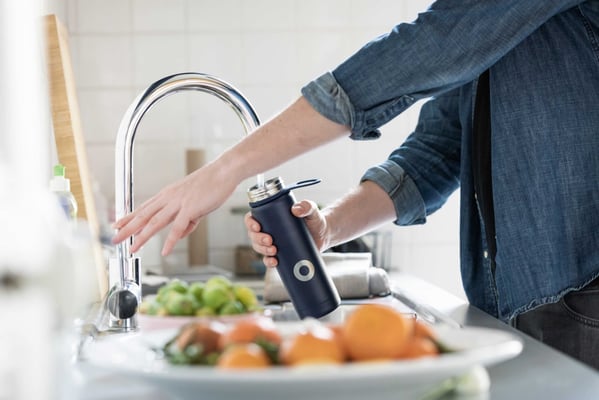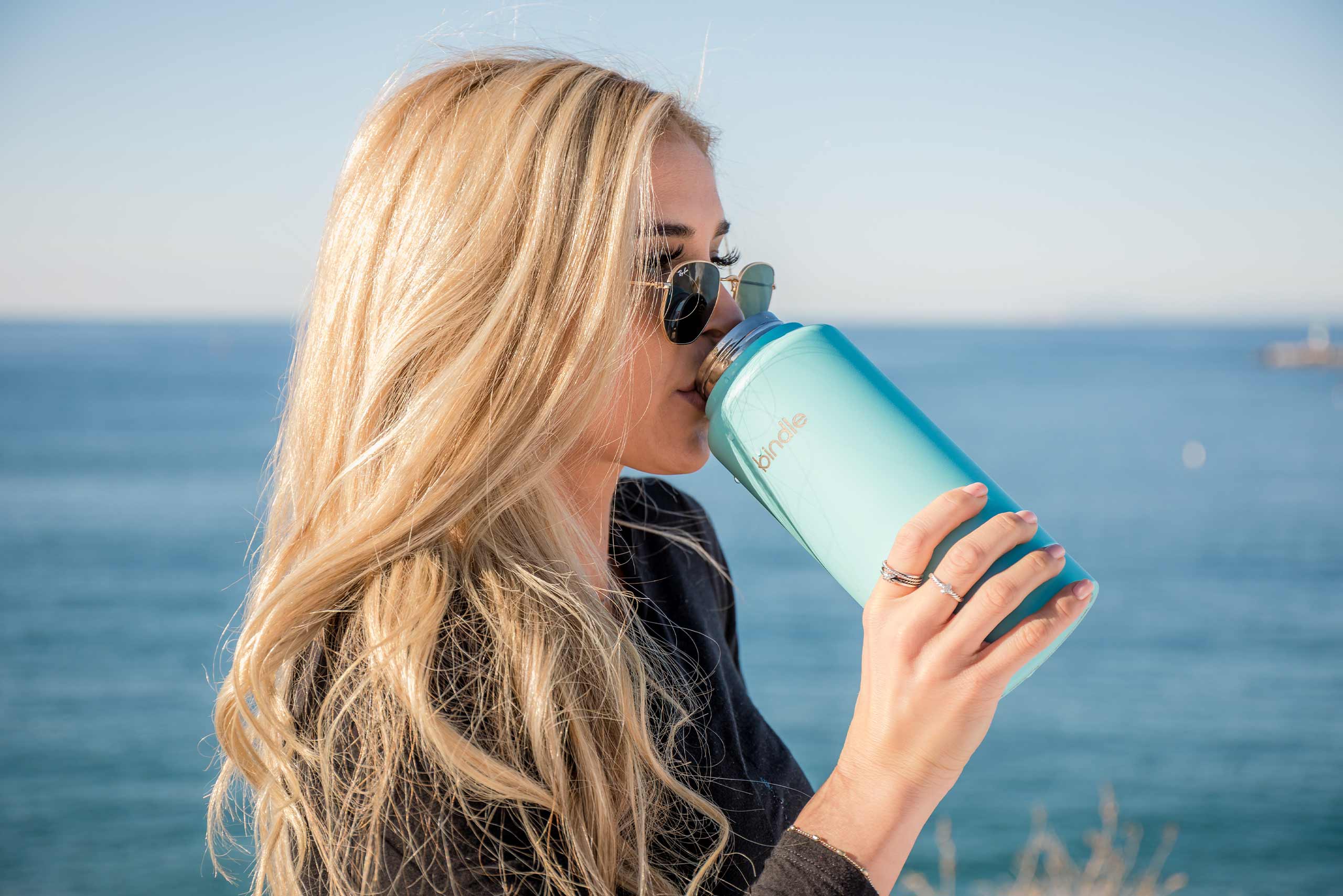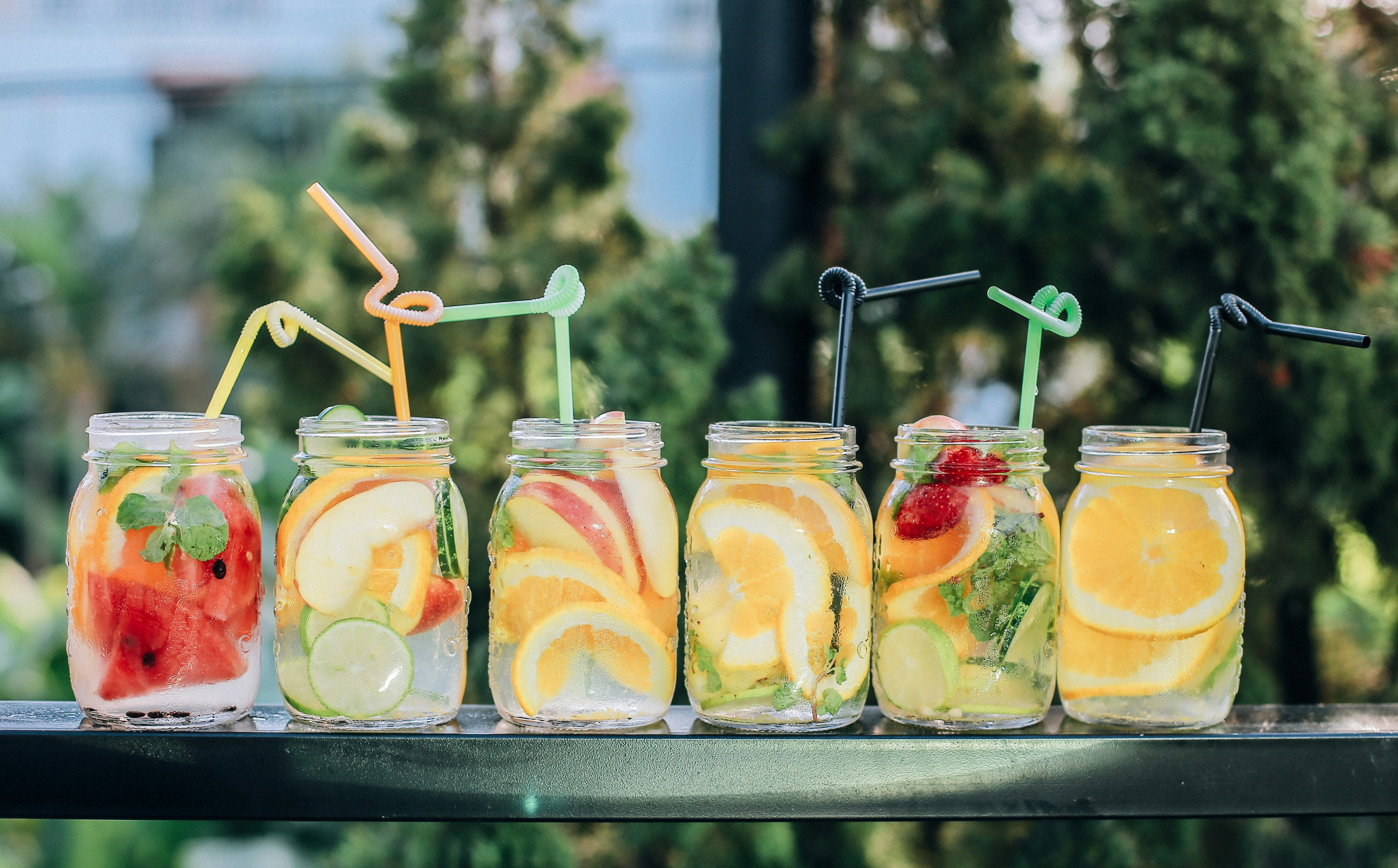Are you drinking enough H2O?
80% of US working Americans say they don’t drink enough water to meet their needs. This is concerning because our body depends on water for everyday functions and, quite frankly, for survival. Every cell, tissue, and organ needs water to keep your systems working properly, so failing to provide adequate amounts can be fatal to your health.
What are the benefits of drinking water?
- Regulates body temperature – Your body loses sweat during exercise and in hot weather conditions. Sweat is responsible for keeping your body cool, so replenishing after a water loss is crucial to keeping your internal temperature down.
- Protects tissues, spinal cord, and joints – Because water is a major component of the fluid surrounding your joints, it acts as a cushion, relieving pain and providing more comfort when engaging in physical activity and other day-to-day activities.
- Excretes waste through urination and defecation – Water and other nutrients like fiber will help ensure your bowels take up enough water to keep things moving. It also helps our kidneys filter urine more efficiently.
- Aids in cognitive function – Without water, your focus, alertness, and short-term memory may be negatively impacted as body systems that involve the brain cannot function properly when dehydrated
- Keeps skin bright – Water will help keep your skin hydrated and promote collagen production.
- Improves mood – Not drinking enough water can result in fatigue and confusion.
How much water should I drink?
There is not a one-size-fits-all answer to this question. According to Mayo Clinic and the U.S. National Academies of Science, Engineering, and Medicine, men should aim for 3.7 liters/125 ounces and women 2.7 liters/91 ounces. If that seems way out of reach, just remember that all beverages containing water (such as juice, milk, coffee, and soda) contribute to your net fluid consumption daily. Many fruits and vegetables with high water weights, such as honeydew melon, spinach, or peppers, also play a role in your hydration.
How do I know if I am drinking enough?
Although there are many ways to access your hydration status, two of the easiest include evaluating your thirst and looking at the color of your urine. Feeling thirsty indicates that your body is not properly hydrated. Drinking enough to quench that thirst is a great first step to adequate water intake. In addition to that, the color of your urine should be pale yellow and somewhat translucent. Dark-colored urine generally indicates dehydration.
Tips to help you drink more:
- Have an 8oz drink with every meal and snack
- Carry a reusable water bottle with you and try to refill it often
- Eat more fruits and vegetables with high water contents as those contribute to your net water intake too
- Drink beverages you enjoy. All drinks like milk, juice, coffee, and tea count towards your total water intake. Water should still be your go-to, but consuming others in moderation can be helpful.
Silver, Natalie. “Why Is Water Important? 16 Reasons to Drink Up.” Healthline, Healthline Media, 1 July 2020, ,https://www.healthline.com/health/food-nutrition/why-is-water-important.
“How Much Water Do You Need to Stay Healthy?” Mayo Clinic, Mayo Foundation for Medical Education and Research, 14 Oct. 2020, ,https://www.mayoclinic.org/healthy-lifestyle/nutrition-and-healthy-eating/in-depth/water/art-20044256#:~:text=The%20U.S.%20National%20Academies%20of,fluids%20a%20day%20for%20women.
Zelman, Kathleen M. “Why Drink More Water? See 6 Health Benefits of Water.” WebMD, WebMD, ,https://www.webmd.com/diet/features/6-reasons-to-drink-water.



